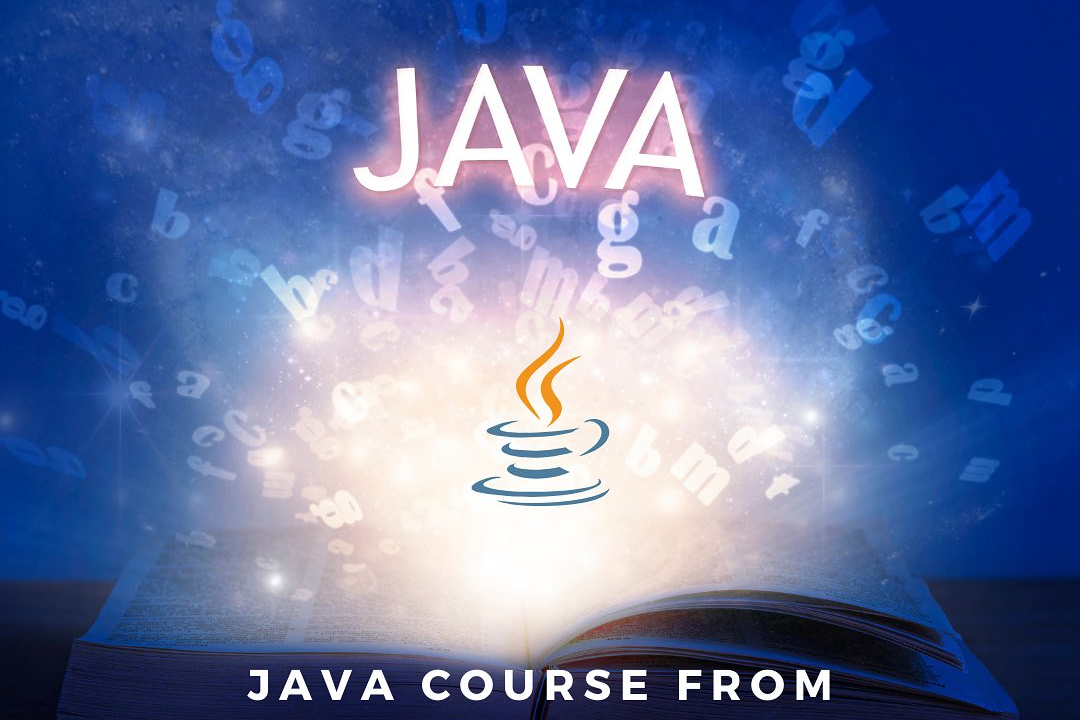Java Methods
Mastering Java Methods
Java Methods
Java methods are blocks of code that perform specific tasks and can be executed when called upon within a program. A method in Java is defined with a name, a return type (which indicates what type of value the method will return, if any), a parameter list (which includes any input variables the method can accept), and a body that contains the code to be executed. Methods help in organizing code into reusable and modular components, making it easier to manage and maintain. They can be categorized as instance methods (which operate on instances of a class), static methods (which belong to the class itself and can be called without an instance), and abstract methods (which are declared in abstract classes and must be implemented by subclasses). By using methods, developers can achieve code reusability, enhance readability, and separate concerns within their applications.
To Download Our Brochure: https://www.justacademy.co/download-brochure-for-free
Message us for more information: +91 9987184296
1 - Definition of Method: A method is a block of code that performs a specific task. It is used to execute a particular operation in a program.
2) Method Declaration: A method must be declared before it can be called. The declaration includes the method name, return type, parameter list, and body.
3) Syntax: The basic syntax for a method is:
```java
returnType methodName(parameterType parameterName) {
// method body
}
```
4) Return Type: This specifies the type of value the method will return. It can be a primitive type (e.g., int, double) or an object type. Use `void` if no value is returned.
5) Method Name: A method name must be a valid identifier and should be descriptive of the task the method performs, following naming conventions (e.g., camelCase).
6) Parameters: Methods can accept inputs, known as parameters. This allows for dynamic behavior. A method may also have no parameters.
7) Method Overloading: Multiple methods can have the same name within the same class as long as their parameter lists are different (either by type or number of parameters).
8) Method Calling: To execute a method, you must call it using its name followed by parentheses, passing any required arguments.
9) Static vs Instance Methods:
Static methods belong to the class and can be called without creating an instance of the class.
Instance methods require an object of the class to invoke them.
10) Access Modifiers: Methods can have access modifiers (e.g., public, private, protected) that determine their visibility to other classes.
11) Return Statement: Methods that declare a return type must include a return statement that returns a value of that type. If void, this is not required.
12) Method Scope: Variables declared within a method are local to that method, meaning they cannot be accessed outside of it.
13) Varargs: Java allows the use of variable length argument lists, denoted by an ellipsis (…) in the parameter list, allowing method calls with different numbers of arguments.
14) Recursion: A method can call itself, a technique known as recursion, which is useful for solving problems that can be broken down into smaller, similar problems.
15) Janitored Documentation: It is a good practice to document methods using comments or JavaDoc to explain their functionality, parameters, and return values, improving code readability.
16) Default Parameters: Java does not support default parameters directly; this can be mimicked using method overloading.
17) Functional Interfaces: In Java 8 and above, methods can be represented as functional interfaces, allowing methods to be passed as arguments (e.g., in Lambdas).
18) Exception Handling: Methods can throw exceptions, which can be caught and handled to deal with potential error scenarios.
19) Anonymous Methods: Although Java does not support anonymous methods directly, lambdas (introduced in Java 8) can be used to represent function bodies succinctly.
This structured approach should provide a comprehensive overview, making it easier for students to grasp the concepts surrounding Java methods in your training program.
Browse our course links : https://www.justacademy.co/all-courses
To Join our FREE DEMO Session: Click Here
Contact Us for more info:
- Message us on Whatsapp: +91 9987184296
- Email id: info@justacademy.co












